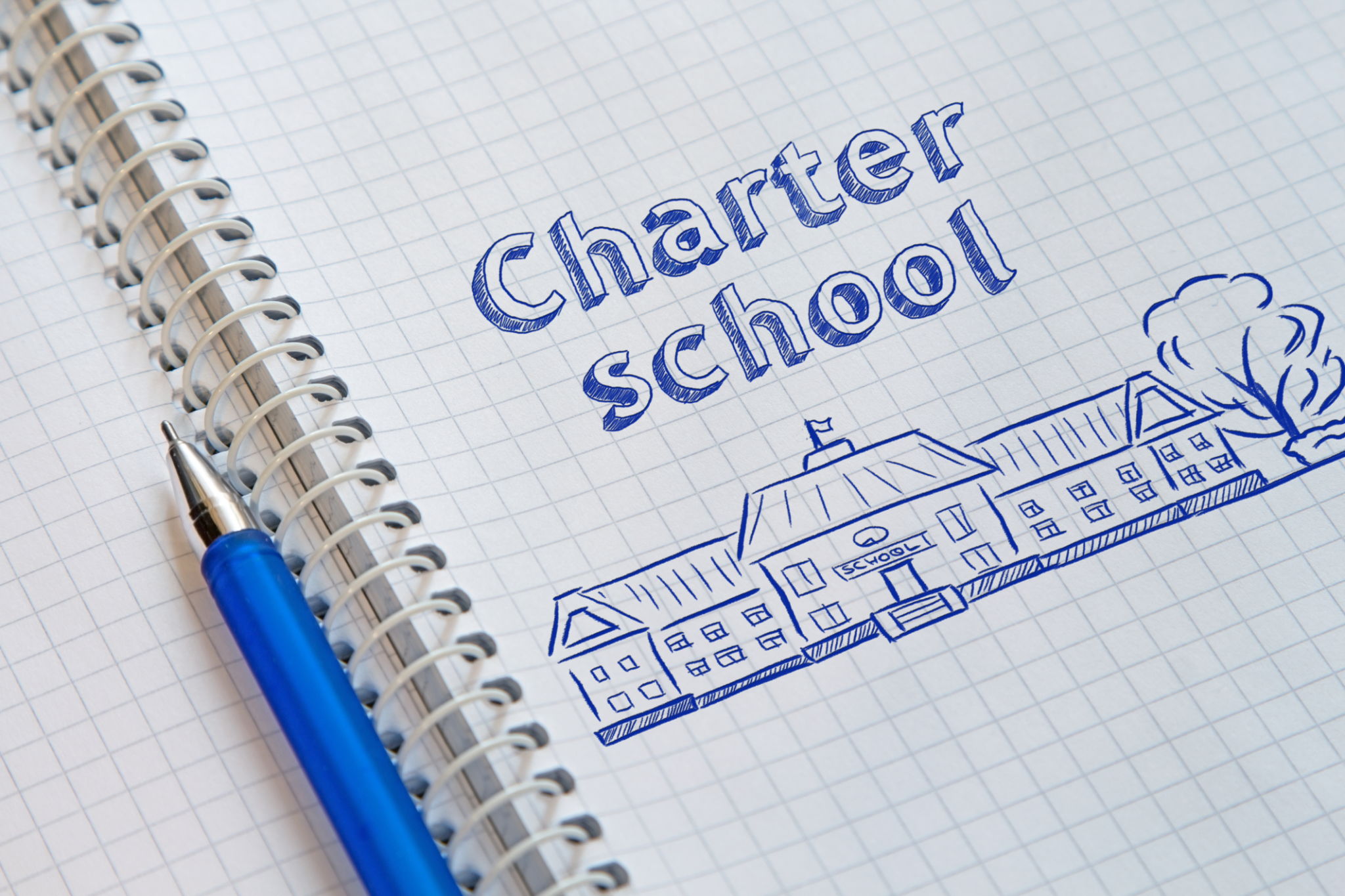Alternative Education in Jackson, MS: What You Need to Know
Understanding Alternative Education
In recent years, alternative education has gained traction as a viable option for students in Jackson, MS, and beyond. This approach offers a departure from traditional educational models, emphasizing personalized learning experiences. Whether you're a parent considering options for your child or an educator exploring innovative teaching methods, understanding the nuances of alternative education is crucial.

Alternative education encompasses a variety of schooling methods, including Montessori, Waldorf, and charter schools. These institutions prioritize student-centered learning, encouraging creativity, critical thinking, and independence. They often provide a flexible curriculum tailored to the individual needs and interests of each student.
The Benefits of Alternative Education
One of the primary benefits of alternative education is its ability to cater to diverse learning styles. Traditional schools often follow a one-size-fits-all model, which can leave some students struggling to keep up or feeling disengaged. In contrast, alternative schools offer tailored educational experiences that can lead to higher levels of student engagement and achievement.
Furthermore, alternative education environments often boast smaller class sizes, allowing for more personalized attention from teachers. This can lead to stronger student-teacher relationships and a more supportive learning environment. Additionally, many alternative schools incorporate experiential learning opportunities, which help students apply their knowledge in real-world settings.

Types of Alternative Education in Jackson
Jackson, MS, is home to several types of alternative education options. Parents and students can choose from Montessori schools known for their self-paced learning environments and emphasis on hands-on activities. Waldorf schools offer an arts-integrated approach, focusing on holistic development through creative expression.
Charter schools are another popular option, providing innovative curriculums and educational practices not typically found in public schools. These schools often have a specific focus or theme, such as science and technology or the arts, which can help students develop specialized skills and interests.

Choosing the Right Option
Selecting the right alternative education path depends on several factors, including your child's learning style, interests, and educational goals. It's essential to research each option thoroughly and visit potential schools to get a feel for their environment and teaching philosophy.
Consider speaking with current students and parents to gain insights into their experiences. It's also helpful to review any available academic performance data and extracurricular opportunities. Ultimately, the right choice will align with your child's unique needs and aspirations.
Challenges to Consider
While alternative education offers numerous advantages, it's not without challenges. Some parents may find it difficult to adjust to non-traditional grading systems or curriculum structures. Additionally, transportation and cost can be barriers for some families, as alternative schools may not be conveniently located or may require tuition fees.
It's also important to consider how well an alternative education setting will prepare students for post-secondary education or the workforce. Ensuring that the chosen institution provides adequate academic rigor and support for future endeavors is crucial for long-term success.

Embracing the Future of Education
The educational landscape in Jackson, MS, is continually evolving, and alternative education plays a significant role in this transformation. By offering diverse teaching methodologies and learning environments, these schools are helping to shape a more inclusive and adaptable educational system.
As more families explore these options, it's essential to remain informed about the benefits and challenges associated with alternative education. By doing so, parents and educators can make informed decisions that best support the growth and development of every student.